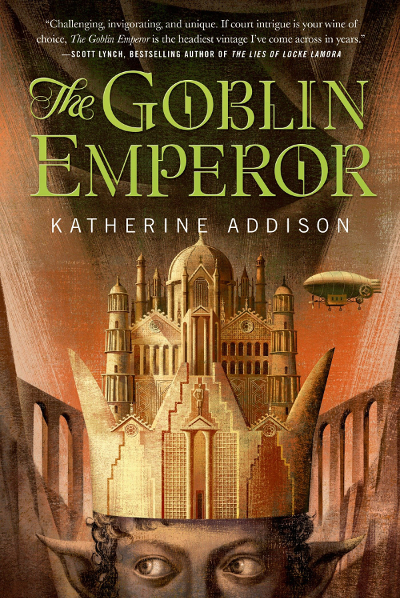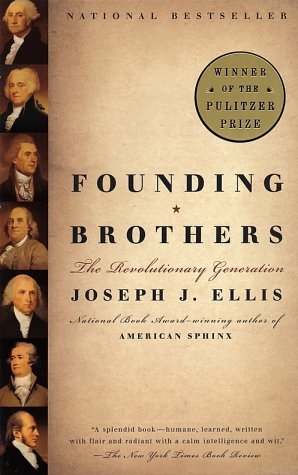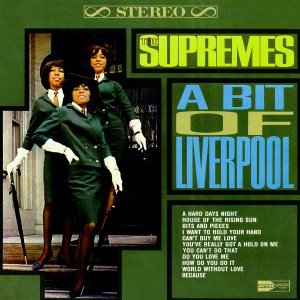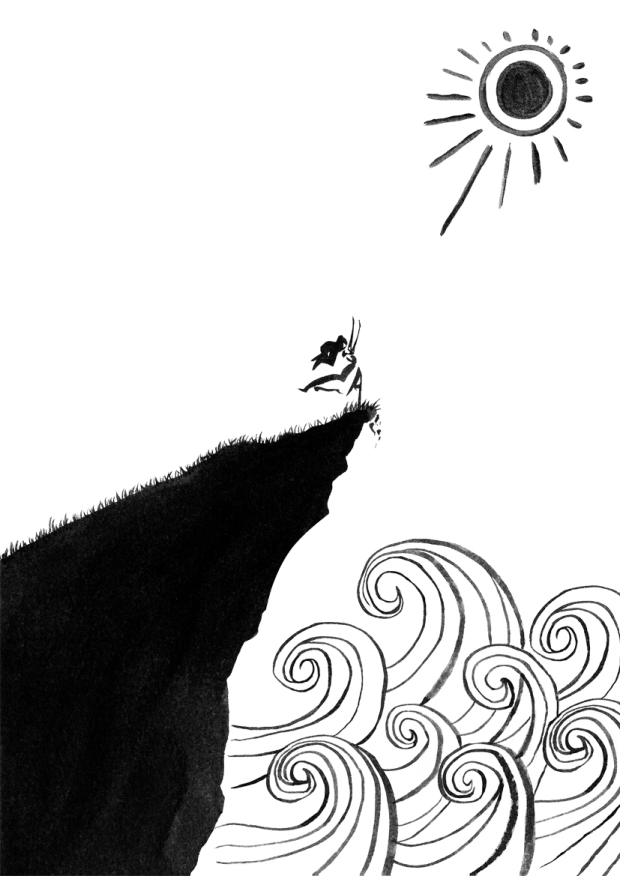
I have spent half of my life creating a myth. I have spent the other half trying to convince myself the myth is my reality. In this myth I have many labels. Scientist, PhD candidate, professor, model of health, and an explorer to name a few. I have always thought if I could just force this myth to become real then I would surely be happy.
I saw each label attained as evidence that the myth is fact and that I am in control. I thought as I attained each label I would find what I’m looking for. I achieved some labels and many of them were removed from me without a choice. About five years ago I thought I was on the cusp of making the myth real. It wasn’t to be. Slowly I began to be faced with the fact that I wasn’t actually the myth or that the myth was deeply flawed.
I couldn’t accept that I wasn’t actually these things I had labeled myself as. I had to be the myth because that’s what I’ve identified myself as. I refused to admit these were not my truths. I began to perceive a complete and total loss of self. My depressogenic tendencies went into overdrive and began to inflate all perceptions of this massive loss of self identity. Mega-depression and suicidal thoughts and dangerous actions became my mental landscape. I had lost myself.
The interesting thing is these identities were actually always false identities. They were a lie I had created over decades. They were meant as an answer to the question of “what’s the point?”.
I’ve slowly come to accept these were not actually my reality or truth. Sure aspects of these past identities are shadows of my true self but none were my true identity full stop.
Was I actually losing my identity if it was never really my true identity? My loss of identity was primarily a perception of loss however, and not an actual real loss. Some of my past losses were unarguably real and traumatic and right to induce depression. The most painful and difficult losses that were causing the most depression for me however weren’t losses at all. The depression was largely a stubborn refusal to accept reality.
I was on a path to enlightenment as defined in my second post, as I was faced with giving up the myth. I was majorly depressed because I perceived the loss and my brain’s unique structure and chemicals amplified the perception and response.
In Kopp’s excellent book If you meet the Buddha on the road kill him!—he describes this pilgrimage very effectively. I will finish this post quoting heavily from Kopp.
“Crises marked by anxiety, doubt, and despair have always been those periods of personal unrest that occur at the times when a man is sufficiently unsettled to have an opportunity for personal growth. We must always see our own feelings of uneasiness as being our chance for making the growth choice rather than the fear choice.”
This absolute crushing loss of self identity has given me an opportunity. I no longer have a myth to achieve. I also no longer need to live a lie. I now get to search for reality.
Kopp observes “Everything good is costly, and the development of the personality is one of the most costly of all things. It will cost you your innocence, your illusions, your certainty…All of the truly important battles are waged within the self”.
The enlightenment-depression paradox is part of this process for me. My mental health spiraled out of control over the last few years because I was inadvertently on a path of enlightenment. I was finally asking the difficult questions and no longer lying about the answers.
Kopp goes on to say:
“Whether pilgrim or wayfarer, while seeking to be taught the Truth (or something), the disciple learns only that there is nothing that anyone else can teach him. He learns, once he is willing to give up being taught, that he already knows how to live, that it is implied in his own tale. The secret is that there is no secret.
Everything is just what it seems to be. This is it! There are no hidden meanings. Before he is enlightened, a man gets up each morning to spend the day tending his fields, returns home to eat his supper, goes to bed, makes love to his woman, and falls asleep. But once he has attained enlightenment, then a man gets up each morning to spend the day tending his fields, returns home to eat his supper, goes to bed, makes love to his woman, and falls asleep. The Zen way to see the truth is through your everyday eyes.
It is only the heartless questioning of life-as-it-is that ties a man in knots. A man does not need an answer in order to find peace. He needs only to surrender to his existence, to cease the needless, empty questioning. The secret of enlightenment is when you are hungry, eat; and when you are tired, sleep.
The Zen Master warns: “If you meet the Buddha on the road, kill him!” This admonition points out that no meaning that comes from outside of ourselves is real. The Buddhahood of each of us has already been obtained. We need only recognize it. Philosophy, religion, patriotism, all are empty idols. The only meaning in our lives is what we each bring to them. Killing the Buddha on the road means destroying the hope that anything outside of ourselves can be our master. No one is any bigger than anyone else. There are no mothers or fathers for grown-ups, only sisters and brothers.”
This is where I am at in my journey. I’m accepting what is. The myth has been discovered. I’ve killed the Buddha, the Guru, the Shaman. I am honest and trying to give meaning to the meaningless, knowing that there is no meaning outside myself.
I have chosen a new path. “…any path is only a path…All paths are the same: they all lead nowhere”. The only important question you must ask is: “Does this path have heart?” If it has heart for you then follow it.” – Kopp
The path I have chosen is a path of suffering. I know that it is an endless uphill path strewn with rocks and danger. One where the moment you summit the crest you realize there is another larger mountain just beyond the horizon. If I choose a path of suffering is it really suffering? At what point does suffering and effort merge with effortlessness and bliss? My path is a perfect analogue for life. It is meaningless but also meaningful. It is a path of suffering but also ecstasy. I have chosen a path that has heart. I have chosen the only path that has ever existed for me. It’s my truth. At least for now.
Part 1
Part 2
Advertisements Share this:




